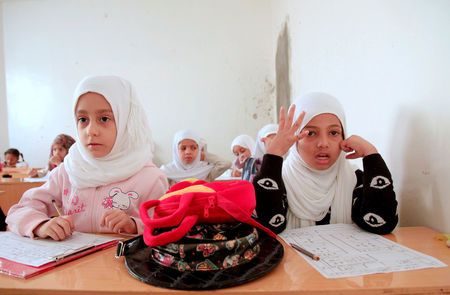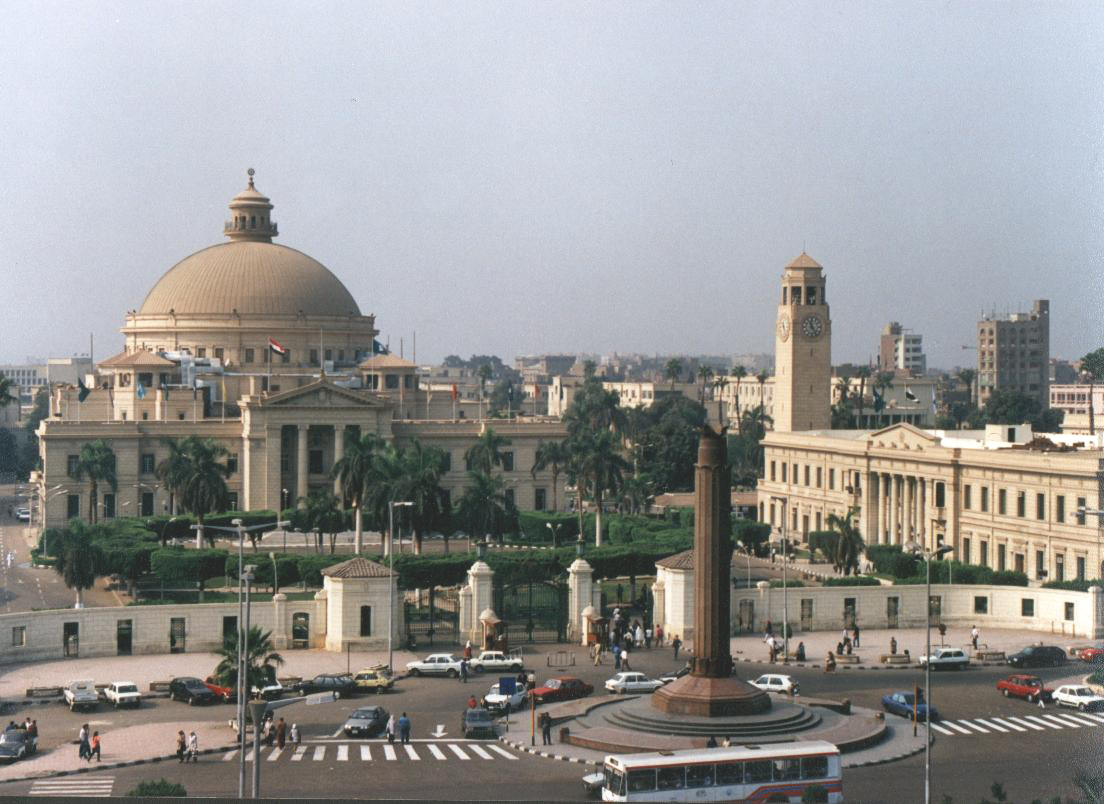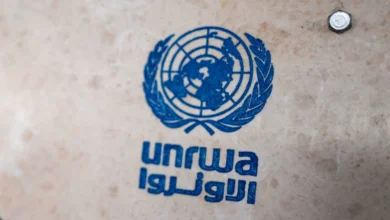
TAIZ, Yemen (Reuters) – Its books have been looted and walls blown out, but a school in war-torn southern Yemen is hopeful that the resumption of regular salary payments can keep teachers and children in classrooms.
“In the past few months things have stabilized, teachers’ salaries have begun to be paid, and hopefully things will continue this way,” said Hoda Naged Useid, the head of the Arwa school in Yemen’s third-largest city, Taiz.
The government-held city, surrounded to the north by Houthi forces, has been at the center of an almost four-year war pitting the Iranian-aligned Houthi movement against a Saudi-led coalition trying to restore the internationally recognized Yemeni government.
The Houthis, who seized the capital Sanaa in 2014 and hold most urban centers, say their revolution is against corruption.
In Taiz buildings and homes have been looted and damaged, Useid said, but people are nevertheless returning due to a de-escalation of fighting amid UN-led peace efforts.
“If salaries are paid regularly and as they were previously, things will get better,” Useid said. Arwa’s teachers had previously been volunteering without pay.
Yemen’s central bank, split into two rival head offices, has struggled to pay public sector wages as foreign exchange reserves dwindle.
The war and ensuing economic collapse has left 15.9 million people – 53 percent of the population – facing severe hunger and struggling to access basic goods and services.
Yemen’s warring parties agreed last month on a peace deal in the Red Sea port of Hodeidah, and the two sides agreed to set up a committee to establish humanitarian corridors to Taiz. No progress has been made yet, however.
Displacement, poverty and forced conscription have disrupted Yemeni children’s education.
“Because of the destruction in the schools, some of the students headed to the frontlines,” said Ibtisam Dael, a teacher at Arwa school.
Fighting since 2015, when the Sunni Muslim Arab coalition intervened in the civil war, has left many schools in ruins.
“There is nowhere to play in the school,” said 16-year old Hamas Mansour in front of a pile of broken and twisted desks in an outdoor space where children should have been milling around.
Whole sections of Arwa school are unusable and all books, equipment and chairs have been stolen, Useid said. Until September, the children were using a nearby mosque to study in.
“We were determined to return to our school … and we began clearing the rubble,” she said, hopeful that more pupils would join the 700 already there.




